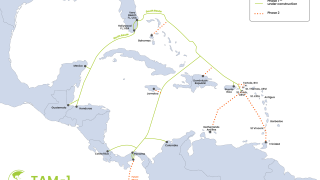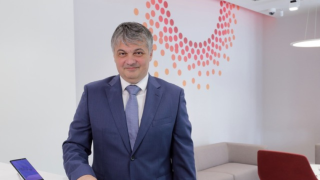The carrier claims to control around two-thirds of the police, fire, and other first responders market, according to US reports. It will run separate lanes of traffic to commercial line in order to prioritise public-safety services.
"We're serious about remaining extremely relevant in this space," Michael Maiorana, a Verizon senior vice president who oversees the effort, said in an interview with Urgent Communications.
“We believe our customers deserve a choice and that competition drives innovation and—ultimately—best price. Bottom line, we want to keep our customers, and we want them to have the best-in-class services that technology can provide.”
Verizon is set to complete its public-safety network, which will be powered by an LTE core, in 2018, according to reports, competing directly with FirstNet.
The concept for a first responder network developed following the 9/11 Commission Report. AT&T was awarded the $6.5 billion federal contract in March and has already signed up a number of states.
Virginia became first state to opt-in to the FirstNet emergency response system, followed by Arkansas, Kentucky Iowa, New Jersey, New Mexico, West Virginia and Wyoming in July 2017.
Most recently, the US Virgin Islands becomes the first territory to join FirstNet network in August 2017.




